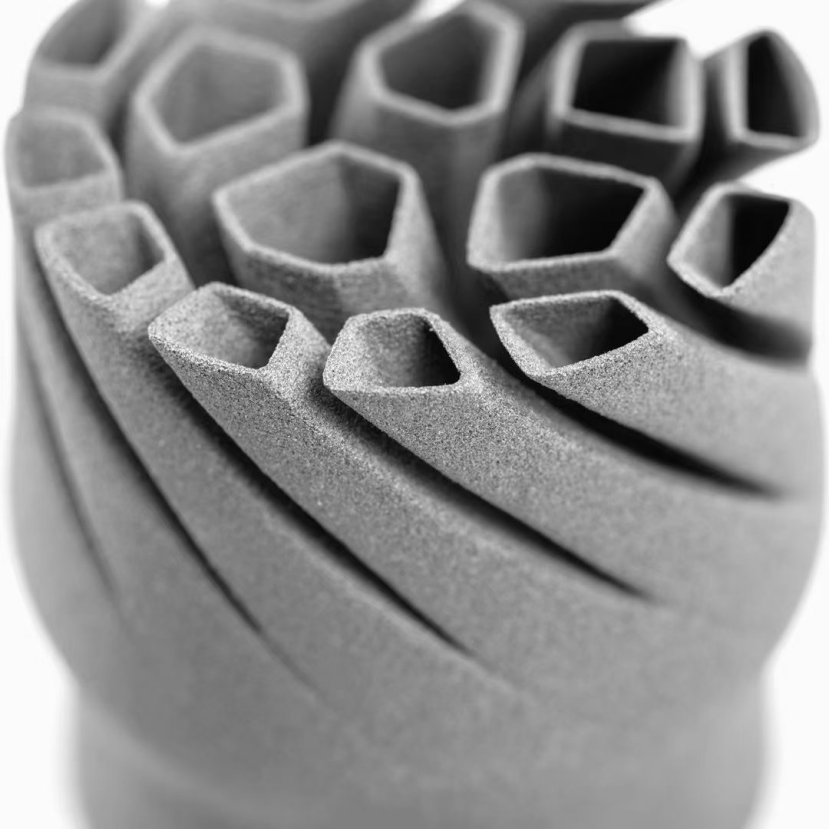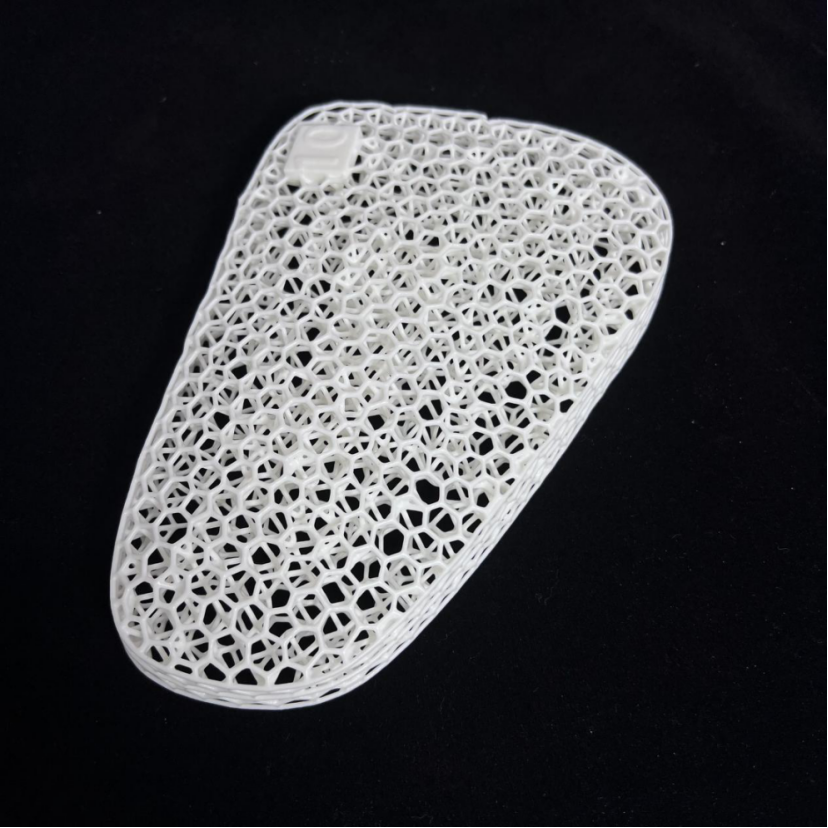custom metal stamping manufacturer
A custom metal stamping manufacturer represents a cutting-edge industrial facility specializing in the precise formation of metal components through advanced stamping processes. These facilities employ state-of-the-art equipment and technologies to transform flat metal sheets into complex, three-dimensional parts according to exact client specifications. The manufacturing process incorporates progressive die stamping, deep drawing, and precision forming techniques, enabling the production of components ranging from simple brackets to intricate automotive parts. Modern custom metal stamping facilities utilize computer-aided design (CAD) systems and automated machinery to ensure consistent quality and tight tolerances across high-volume production runs. The manufacturing capabilities typically span various metals, including steel, aluminum, copper, and brass, with thickness ranges from thin gauge to heavy plate materials. These facilities often integrate quality control systems with real-time monitoring and inspection protocols to maintain precise specifications and minimize defects. The versatility of custom metal stamping makes it essential in industries such as automotive, aerospace, electronics, and consumer goods manufacturing, where precision-engineered components are crucial for product functionality and reliability.


